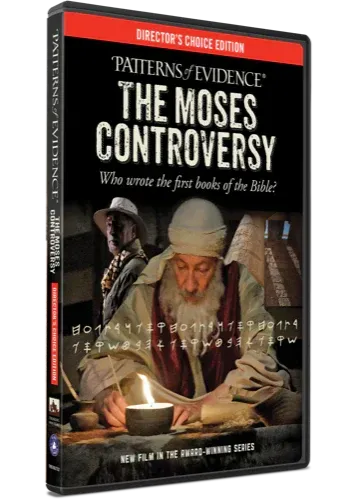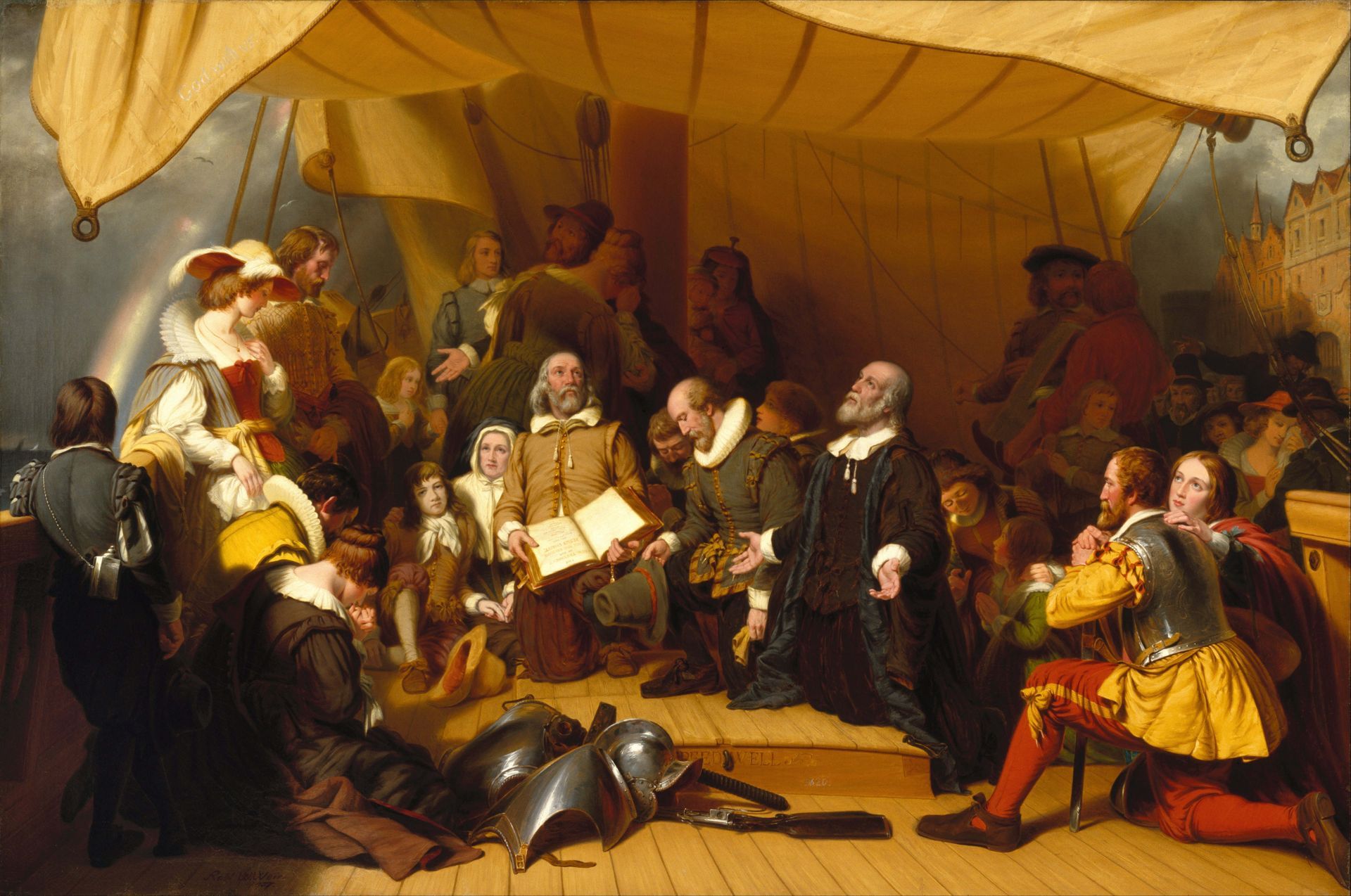By Matt Miles
•
January 23, 2026
As we begin a new year, it brings new potential and a figurative “clean slate”. Yet at all times it is always good to remember that the Lord never changes and neither does His purposes. His desire is that all come to Him for salvation. As it is not all will seek their Creator, yet He is always at work around us guiding life through the present sinful, cursed world. His purposes are always to bring glory to himself as our Great Almighty Lord God. This divine guiding, moving, and protecting of His Spirit in the affairs of life is called Providence , our theme for the year here at Creation Truth. His Providence has always been at work since the beginning, guiding for the purpose he has designed us for. Over the course of history, we as people have missed it or chosen not to follow it. Providence of the Lord is what guided His people out of Egypt to the Promised Land. Even while suffering judgment for their sin in the desert, there was Providence , providing for their needs with daily manna and encouraging them on to the Promised Land. At just the right time, Providence bestowed to us a Savior, Jesus Christ. Never would we have planned or made provision for the Savior of the world in the manner He came to earth. All of His work while in the flesh was done to point us to Him and His Glory. Providence was fulfilled on the cross for all eternity with the way for all to find the Lord and salvation, to be guided out of death and overcome the trial of this life through His death, burial and resurrection. Providence , 250 years ago, guided our country’s forefathers to seek a land to freely worship their Creator and Savior, with freedom from tyranny and a pursuit of liberty for all. Even though not all were followers of the Lord, it was still more than evident that they knew His Providence had a protecting hand on us. Only by His great Providence did we become a country, for the Lord knew we would become a beacon of that freedom and, ultimately, the only true freedom that comes from Christ. Through many trials and failures in history we have sinned before our Lord, and we must continually repent and seek Him for forgiveness. His Providence has allowed our nation of people from many tongues and tribes to melt together. We have been, and I pray continue to be, the largest Christian nation in the world, proclaiming who He is before all else. This year, as we focus on His Providence , may you seek Him and be reminded of all the times He has guided, protected and blessed you for His name. David wrote in Psalm 31:3-5 of the Lord’s Providence : “For You are my high rock and my fortress; For Your name's sake You will lead me and guide me. You will bring me out of the net which they have secretly laid for me, For You are my strength. Into Your hand I commit my spirit; You have ransomed me, O Yahweh, God of truth.”(LSB) We at Creation Truth Foundation look forward to another year of opportunities to serve, champion, and exalt His Name. May you be guided, protected and blessed through Providence this year.




